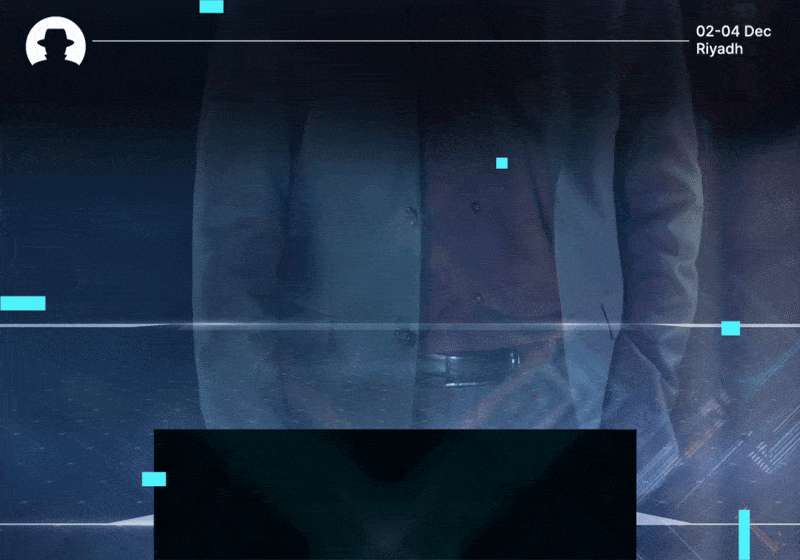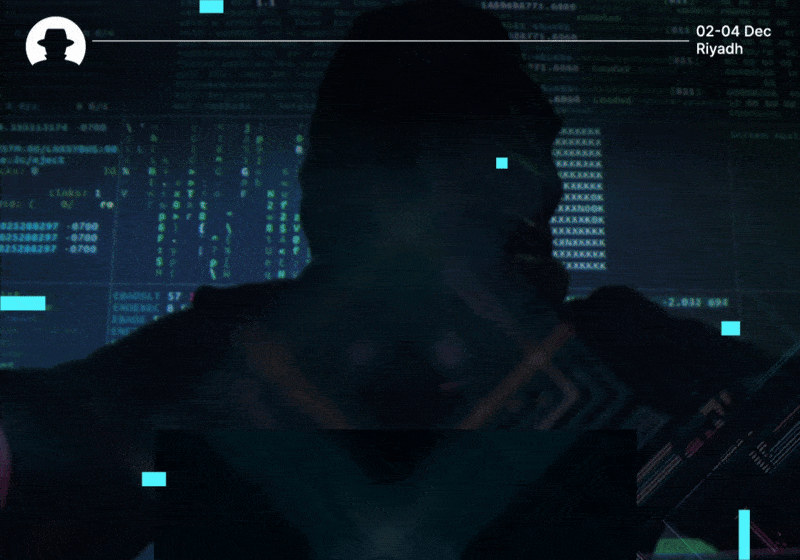
New research proves we have to focus on human behaviour
Data on cybercriminal strategy and VEC attack response shows that human behaviour is cybersecurity’s greatest challenge.
Read More
Welcome to the new 171 cyber warriors who joined us last week. Each week, we'll be sharing insights from the Black Hat MEA community. Read exclusive interviews with industry experts and key findings from the #BHMEA stages.
Keep up with our weekly newsletters on LinkedIn — subscribe here.
Our weekly delivery of insights and innovative ideas from the global Black Hat MEA community.
Developments in quantum cryptography.
Because a breakthrough by scientists at Oxford University Physics, announced in April 2024, has taken us a step closer to the possibility of individuals and companies leveraging the power of quantum computing – by guaranteeing privacy and security.
The breakthrough was laid out in a study, published in the journal Physical Review Letters. One of the lead researchers, Professor David Lucas, said in a statement:
“Never in history have the issues surrounding privacy of data and code been more urgently debated than in the present era of cloud computing and artificial intelligence. As quantum computers become more capable, people will seek to use them with complete security and privacy over networks, and our new results mark a step change in capability in this respect.”
When we interviewed cryptography expert Ahmad Almorabea (Senior Penetration Testing Consultant at TCC), we asked if he thinks there’s a risk that industries and governments will be too slow to implement quantum-safe cryptography before quantum computing technology becomes more accessible on open markets.
“Yes, there's a risk,” he said. “Quantum computing's advancement could potentially break current encryption methods.”
“If industries/governments don't act swiftly to adopt quantum-safe cryptography, sensitive data could be vulnerable in the future. And there are many aspects in cryptography that could be broken, while Quantum computing advances (i.e. key derivation, encryption algorithms, PKI and more).”
Speaking on the developments in quantum cryptography that he was particularly optimistic about, Almorabea added:
“I believe cryptographic algorithms will be able to search in encrypted texts without the need for understanding the actual texts available. And it’s a big step towards having our privacy back.
“I’m excited about the improvement happening in cryptographic algorithms using AI. In scenarios where learning models need to be applied on sensitive data, AI cryptography plays a vital role in preserving privacy.
Right now, quantum computing has to operate within highly controlled conditions in order to remain stable – and there are growing concerns about how quickly quantum computing could break existing security and encryption systems.
The new study shows that quantum computing in the cloud can be accessed in a way that’s both scalable and practical, and that gives users complete data privacy and security – along with the ability to verify the authenticity of data.
They used an approach called ‘blind quantum computing’, which connects two completely separate quantum computing entities (which could, for example, be a person at home accessing a cloud server) in a secure way.
Using a combination of quantum memory and photos, researchers developed a system made up of a fibre network link between a server and a device detecting photons, at an independent computer that remotely accesses its cloud services.
Study co-lead Dr Peter Drmota said:
“Using blind quantum computing, clients can access remote quantum computers to process confidential data with secret algorithms and even verify the results are correct, without revealing any useful information. Realising this concept is a big step forward in both quantum computing and keeping our information safe online.”
Through blind quantum computing, secure devices that safeguard data when users access cloud quantum computing services could be scalable for commercial markets.
Join the conversation. Open this newsletter on LinkedIn and tell us your concerns about the future of quantum security – as well as the quantum possibilities you’re most excited about. We’ll see you in the comment section.
Do you have an idea for a topic you'd like us to cover? We're eager to hear it! Drop us a message and share your thoughts. Our next newsletter is scheduled for 28 August 2024.
Catch you next week,
Steve Durning
Exhibition Director
Join us at Black Hat MEA 2024 to grow your network, expand your knowledge, and build your business.
Join the newsletter to receive the latest updates in your inbox.

Data on cybercriminal strategy and VEC attack response shows that human behaviour is cybersecurity’s greatest challenge.
Read More
Why pivoting your cybersecurity career is good for professional growth and industry resilience.
Read More
Get the lowdown on five of the most damaging cyberattacks so far in 2025.
Read More